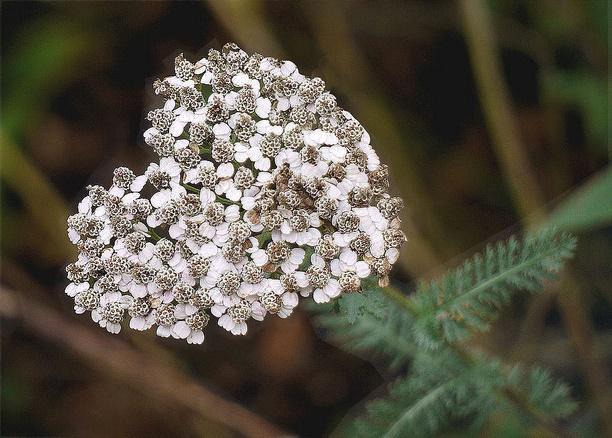Father's Day Edition
- Tags:
- Wildlife,
- Something Wild

Where did you find and fall in love with Nature?
First Bitten is our periodic series at Something Wild where we study the people who study nature, and what set them on the path to do that. And this time around our two subjects under the microscope trace their love of nature back to their parents' nurture, specifically their fathers.
From wartime NYC to a Catskills cascade
Ron Davis grew up in Brooklyn, New York. Not a place known for for its lakes or streams or for vast expanses of wilderness; not a place you'd expect to find a future biologist. But that's where he started, "and because of the Second World War my love of nature became greatly enhanced."
While Davis credits the advent of World War Two with his passion for the natural world, the retired biology professor from University of Maine, Orono points out that much of the thanks actually goes to his father. "He was a retail businessman and moved his family out of Brooklyn to the Catskill Mountains because there was a threat that the Germans might be bombing New York."
So Davis found himself, a city kid, suddenly in the middle of an expansive rural environment. And what did he do? What every kid does when presented with lakes and streams and trees and fields…he explored. "I'll never forget the stream that ran below our farm in the woods which had very clear water that cascaded over the rocks. I would lie on my belly at the edge of the stream dangling a hook with a worm for trout. That's where my love of nature was cultivated."
As Davis grew older, his fields of study included, among other things, limnology (the study of lakes and streams). And over the course of his career he cast a broad net, studying fens, bogs and alpine tundra. But there were a couple of common elements among his many interests: beauty and the absence of walls. "Even then when I was 11 years old I had a sense of the aesthetics of nature and I just thought it was beautiful. And I think that much of the motivation that drove me to become a biologist and particularly a field biologist derived from an aesthetic base."
And it all started with his dad, and moving out of the city.
An Indoor Safari?
In a more direct fashion, Ben Kilham inherited his love of nature from his father, who published over 100 journal articles and wrote four books on birds and nature. Ben also grew up in a house that was a veritable menagerie. "When I was two, my dad went on sabbatical to Africa and brought a half grown leopard into the house, much to my mother's chagrin. We came back from Africa with two African hornbills and a Nile crocodile, which my dad raised in a basement shower until it was six-feet long and the National Zoo came and took it away."
And it didn’t end there. "We had a beaver in the kitchen that dammed up the toilet and leveled the floors; and there was a porcupine in the greenhouse next to my dad's study." Ben's father had aviaries with woodpeckers, nuthatches, crows; raptors like hawks and owls; there was even space for red fox and woodchucks. "Just about everything you can imagine."
Most of the animals Ben’s father brought home were injured or abandoned, and the whole family participated in raising and rehabilitating them. "I interacted with them and I realized the relationship you could have with them at a very young age." He described them as pets, but only in a temporary sense; the ultimate goal was always to release each of these animals. "They wanted to be with their own kind in their own environment."
Ben converted that experience into a career and founded the Kilham Bear Center in 1993. "Since that time we have raised, rehabilitated and returned to the wild over 165 black bear cubs." An impressive legacy, due at least in part to his father.
